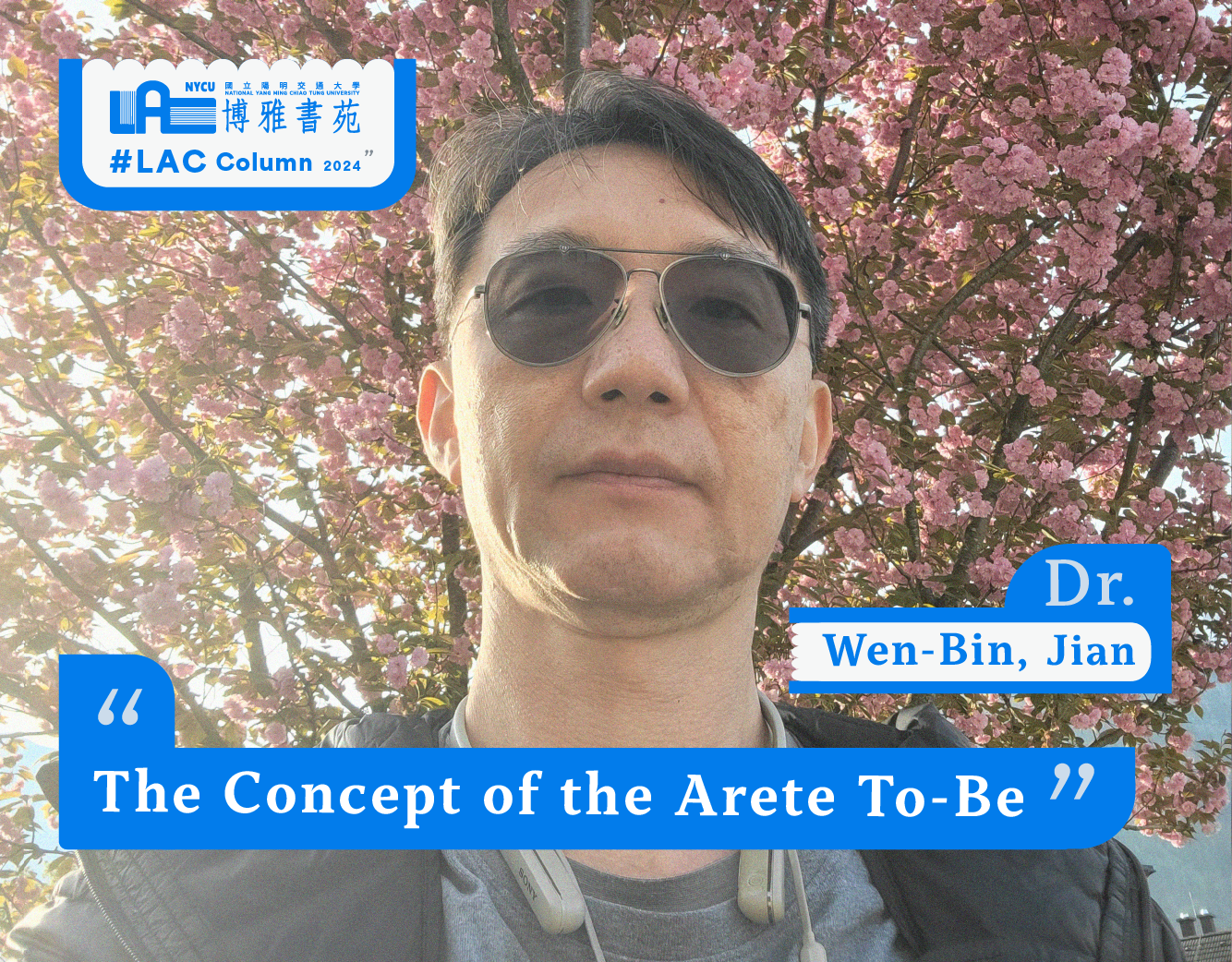- Home
- LAC COLUMN
- The Concept of the Arete and Liberal Arts - Wen-Bin Jian
The Concept of the Arete and Liberal Arts - Wen-Bin Jian
The Concept of the Arete and Liberal Arts - Wen-Bin Jian
In September 2023, I took the initiative to set up the course of Arete Colloquium. The task seemed to be simple. We just had to invite experts from various fields, assist and confirm their arrival for the lecturers. We may also have to assist with interactions between the lecturers and the students during the class.
However, the real challenge I faced in the classroom was the difficulty of conveying the essence of liberal arts. Our audience consisted mainly of freshmen, a few sophomores, and juniors. The students came from different specialized fields, and many had been immersed in these established areas of expertise since they were in high school. As a result, it was difficult for them to grasp the perspectives of other fields in a short time. On the other hand, many of the experts and scholars we invited prepared their lectures for graduate students rather than undergraduates, making it hard for them to fully comprehend the ideas presented.
The essence of liberal arts could be seen as integrating wisdom from various disciplines. In addition to the humanities, philosophy, arts, languages, education, communication, music, and architecture, it includes fields such as science, technology, electrical engineering, life sciences, medicine, agriculture, and even the semiconductor industry. The challenge is to make it understandable for students in different fields so as to appreciate their field differences and encourage collaboration across different disciplines. The task is significant for promotion in such a highly specialized context.
In the year-long course of Arete Colloquium, we started by inviting lecturers. The criteria were that these lecturers had already made significant contributions in their fields and were senior enough to tell more stories. The experts that we invited included both university faculty and successful experts from industries, attempting to bring together the ideals of academia and practical experiences in the industry. The aim was to provide students with a range of perspectives, allowing them to appreciate the subtle interplay between personal character and professional expertise as well as the standards for identifying and solving problems in different fields. Through this, students could better understand the strengths of various disciplines, reflect on their own needs, and develop the ability to communicate across fields.
The current exam-oriented education system often makes us difficultly to explore our potential. Even after joining the college and freeing from the constraints of exams, many students still focus on scores and popular fields in the job market. They usually do not know much about their own talents. In universities, the challenge of building a liberal arts education lies in unlocking students' inherent abilities, helping them find themselves, and facilitating mutual understanding, learning, and collaboration between different fields. The goal of the liberal arts is to cultivate talents who can confront significant challenges and make a difference.

